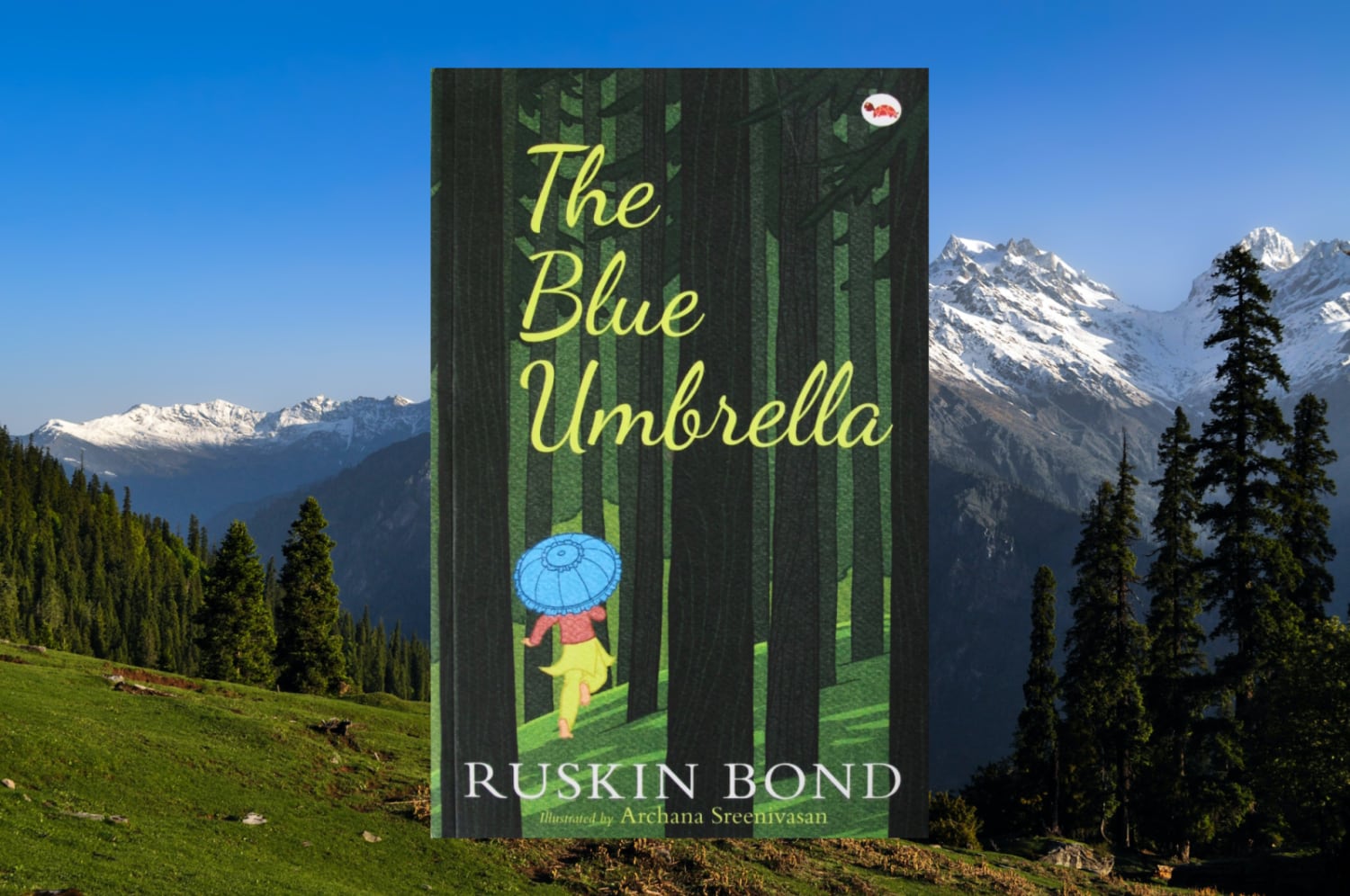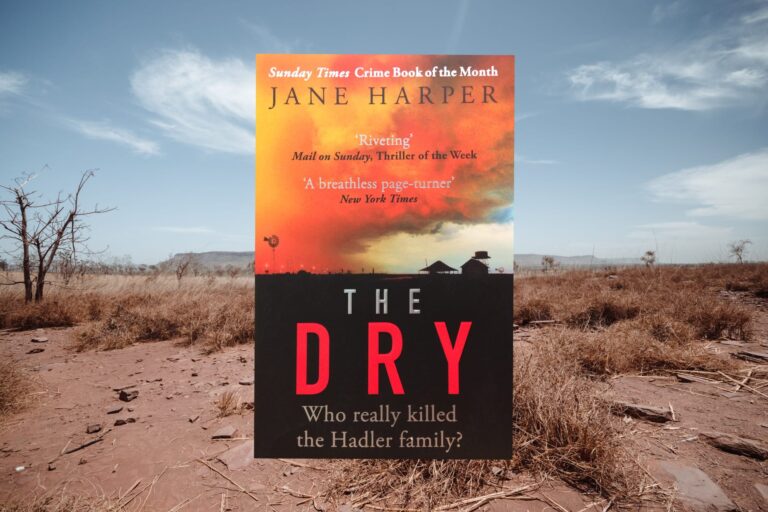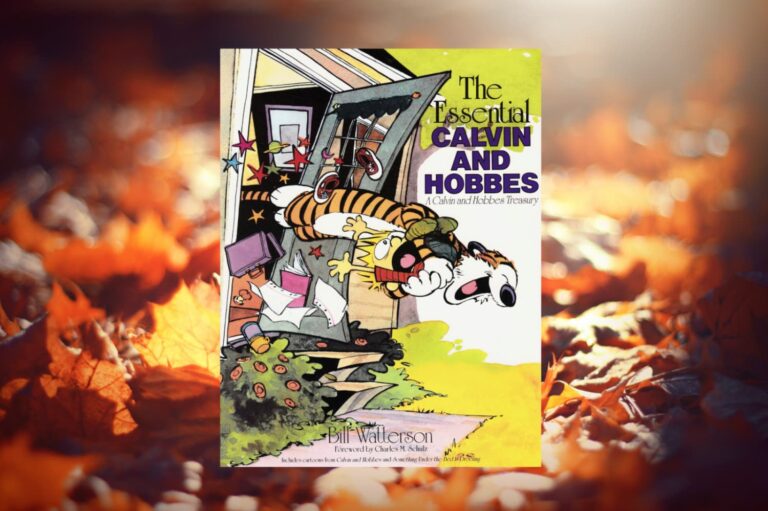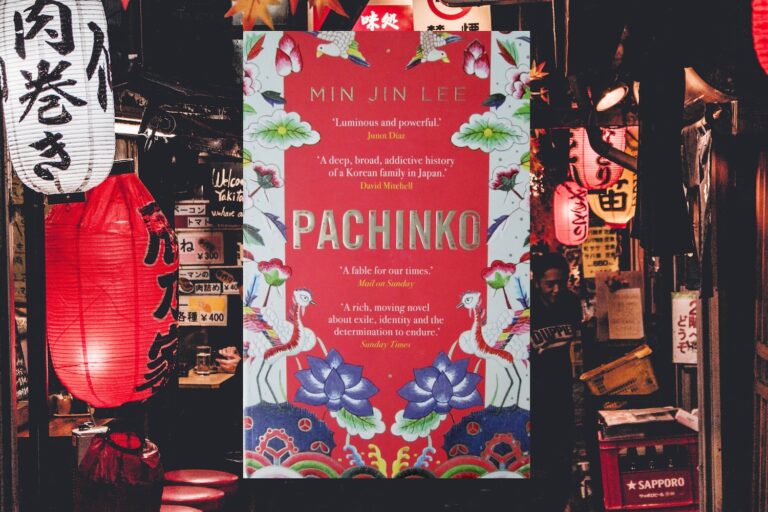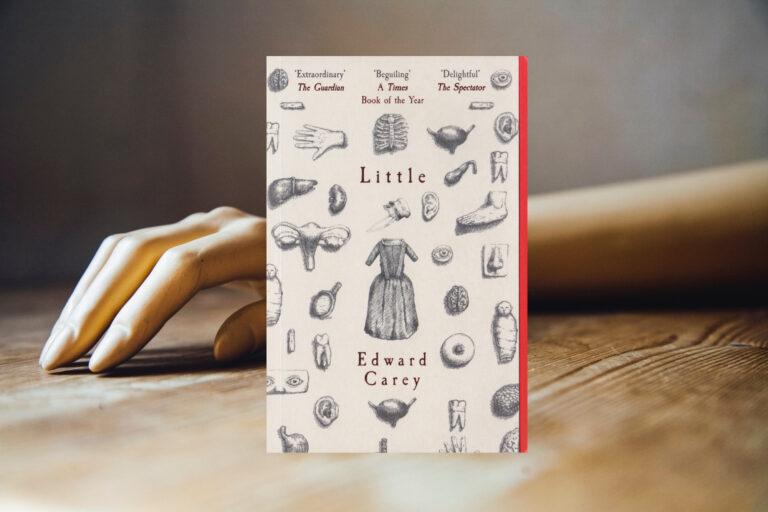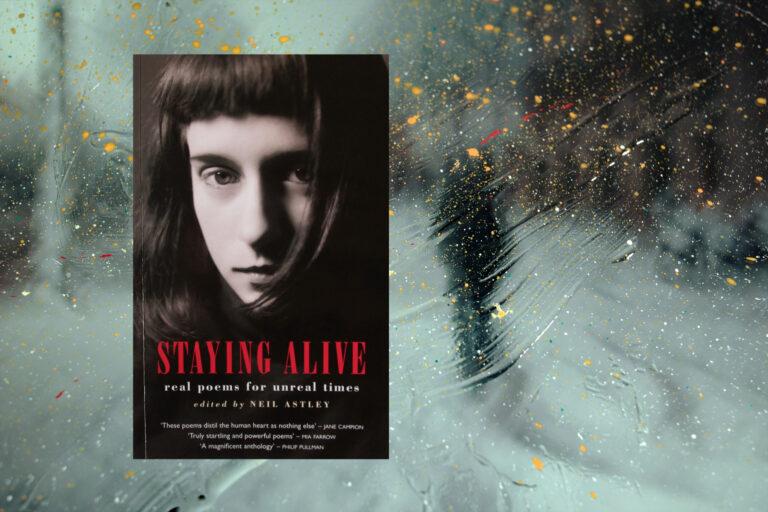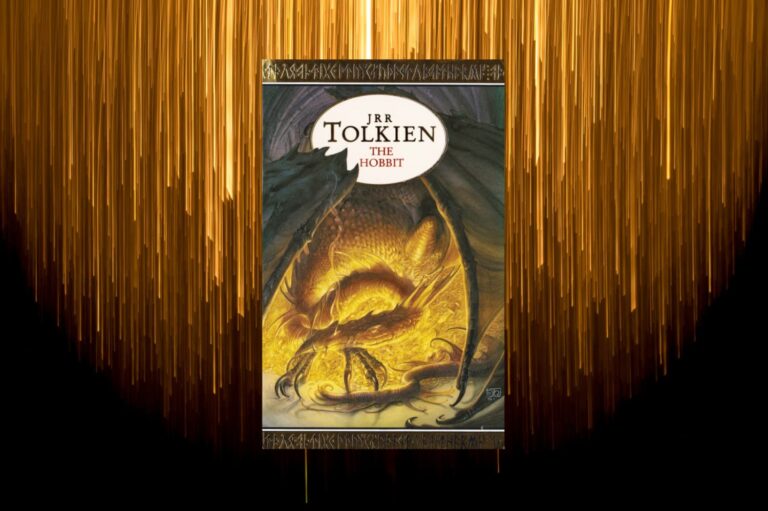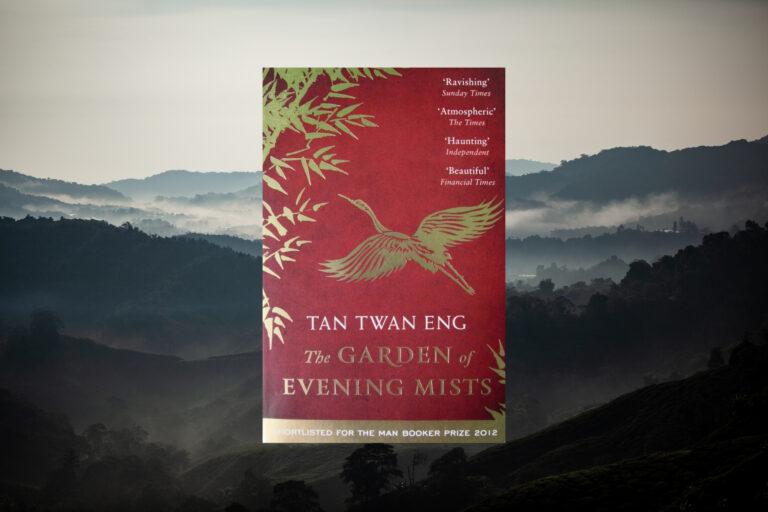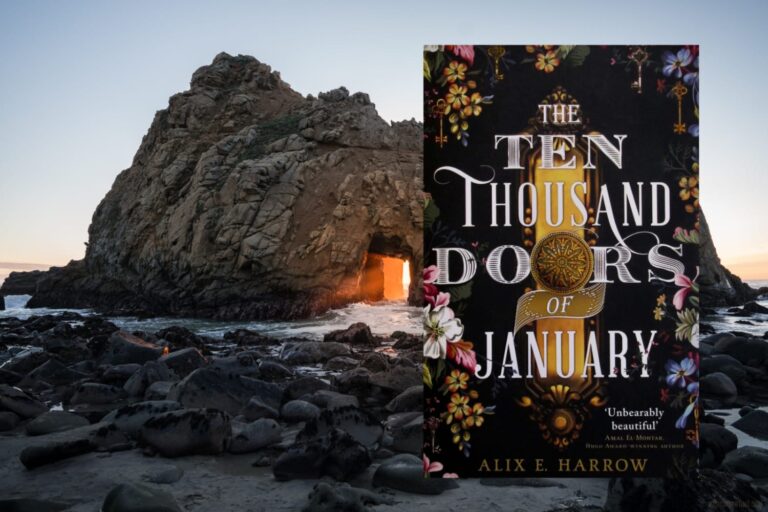The Blue Umbrella tells such a lovely tale of kindness over greed, that though intended for children (nine upwards) any adult should enjoy the book as well, with a great sense of nostalgia waiting to be stirred up in each line. In a way it’s Bond’s homage to the countryside he grew up in, the story’s setting being just down the road from his childhood home, while the characters of the children are based on a real-life Binya and Bijju that the author Ruskin Bond knew.
The tale begins with the introduction of Binya and her love of nature, and how she understands it better than the world of humans.
‘Binya belonged to the mountains, to this part of the Himalayas known as Garhwal. Dark forests and lonely hilltops held no terrors for her. It was only when she was in the market town, jostled by the crowds in the bazaar, that she felt rather nervous and lost.’
In her daily travels of tracking down the family cows, Binya come across a group of rich holiday-makers picnicking in the woods, their baskets laden with food. But what catches her sight is a beautiful blue umbrella.
The Blue Umbrella’s opening scene not only sets the character of the little girl Binya, and the close relationship she has to her brother, but also the economic differences that form a sort of classism and with it its snobbery. In seeing Binya, the tourists talk as though she’s not there, commenting on her appearance, judging that she’s sure to be hungry, to later wordings of “These people…” and assumptions of “…she’s sure to need the money”. There’s also hypocrisy and greed as one of the tourists tries to buy Binya’s necklace, but when the little girl offers it in trade for their blue umbrella, she’s seen as the cheeky one. However, deal done, Binya leaves the woods with the blue umbrella – its appearance emphasising a difference in wealth as it stands out as a luxury within the village.
In Binya’s love of the blue umbrella she takes it with her everywhere, and nothing will take it from her, not money, nor a daring escapade for its recovery, or the sharp bites of nature.
The first few chapters focus on Binya; her love of the umbrella, and the wildness of her personality mirrored in the countryside, but as the chapters grow there’s an ominous warning of greed and jealousy. For the local shop owner Ram Bharosa has grown to greatly desire the blue umbrella for himself – the villain of the book having been formed.
From the first moment of seeing the blue umbrella, Bharosa becomes increasingly obsessed with obtaining it – despite the fact it serves no real purpose for him – but in his desperation to own it he risks losing everything he has.
For the most part the story follows Binya and her adventures with the umbrella; there’s her childhood curiosity, bravery, and her pride in owning such an item. Most importantly though is her later choice of choosing kindness over the love of a materialistic item.
As with many children’s books, Ruskin Bond’s childhood tale comes with a cautionary warning of greed, and to discard a love for materialistic things, but to also learn and see the benefits of sharing. The Blue Umbrella is also a beautiful narration of the countryside Bond grew up in, and clearly loves, his descriptions painted so well that he creates a wealth of images – that I’m happy to view over and over again.
Other Notable Works by Ruskin Bond:
- Coming Round the Mountain 2019
- Captain Young’s Ghost: Ghostly Tales from the Indian Hills 2018
- The Great Train Journey 2018
- Unhurried Tales: My Favourite Novellas 2017
- Lone Fox Dancing 2017
- Looking for the Rainbow: My Years with Daddy 2017
- A Little Book of Happiness 2016
- My Favourite Nature Stories 2016
- A Book of Simple Living 2015
- A Gathering of Friends: My Favourite Stories 2015
- The Whistling Schoolboy and other Stories of School Life 2015
- Tales of Fosterganj 2014
- Great Stories for Children 2011
- Roads to Mussoorie 2010
- A Town Called Dehra 2008
- Funny Side Up 2006
- The India I Love 2005
- Rusty, the Boy from the Hills 2002
- Our Trees Still Grow in Dehra 2000
- Rain in the Mountains: Notes from the Himalayas 1993
- Angry River 1993
- Cherry Tree 1991
- Dust on the Mountain 1990
- Time Stops at Shamli and Other Stories 1989
- The Night Train at Deoli and Other Stories 1988
- The Hidden Pool 1978
- The Room on the Roof 1956
Book Edition Information:
Publisher: Red Turtle (Rupa Publications)
ISBN: 978-81-291-2454-8
Cover Illustration: Archana Sreenivasan
Presented Edition: 2015 Paperback
Background image courtesy of Amlan Saha Kundu on Unsplash

